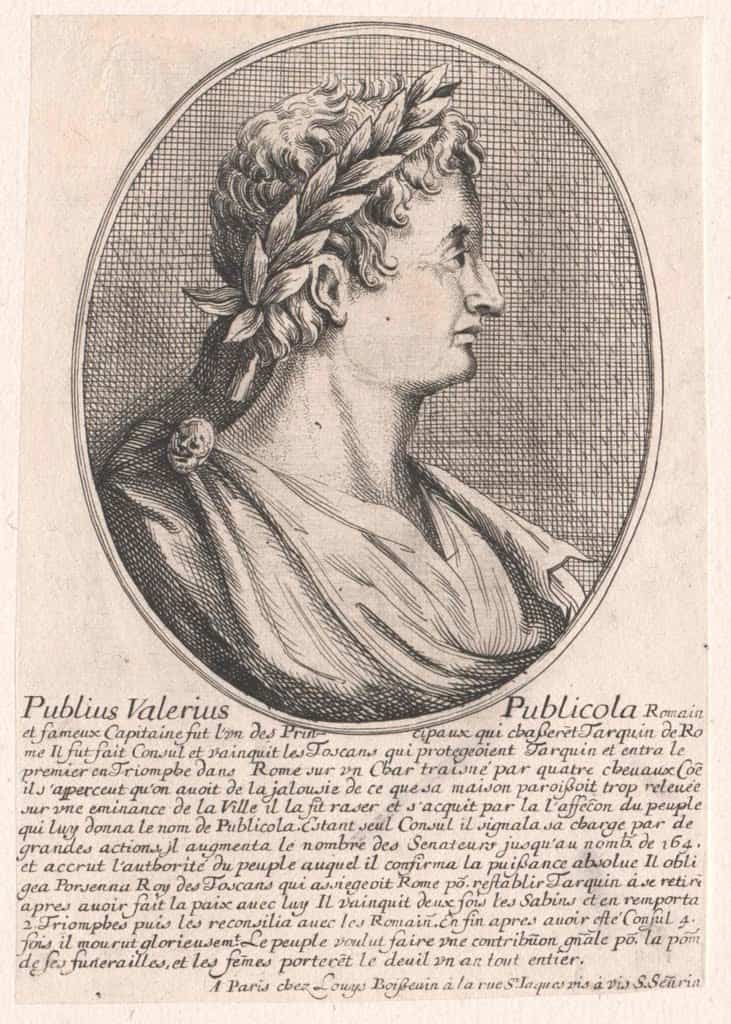
ADVERTISEMENT - CONTINUE READING BELOW
9. Cato hinted the new Constitution could lead to the suppression of individual liberties
In his first letter, Cato mentioned in passing the concentration of power in the hands of a few, as well as the existence of a permanent standing army, under the control of the President. “If you find that the influence of a powerful few, or the exercise of a standing army, will always be directed and exerted for your welfare alone, and not to the aggrandizement of themselves…adopt it,” he wrote. “…if it will not, reject it with indignation – better to be where you are, for the present, than insecure ever afterward.” He asked his readers to consider the government of the Netherlands, telling them that under the Constitution they would find themselves, “…under a government substantially similar to theirs”. Cato did not specifically support or denounce the proposed new government. Rather he counseled his readers to consider it with extreme caution.
Cato closed his letter by informing his readers he would, when circumstances warranted, provide “such observations, on this new constitution, as will tend to promote your welfare, and be justified by reason and truth.” Subsequent letters did appear, by Cato, other writer, using the names Brutus and Centinel, and others. Patrick Henry argued against the document using his own name. Some of the papers, which came to be known as the anti-federalist papers, were written as rebuttals of the essays submitted to the New York papers by Publius (the trio of Hamilton, Madison, and Jay). Unlike the Federalist Papers, 85 essays written by Publius, there exists no accepted canon for the anti-federalist papers, which continued to appear following ratification, before falling into relative obscurity.

